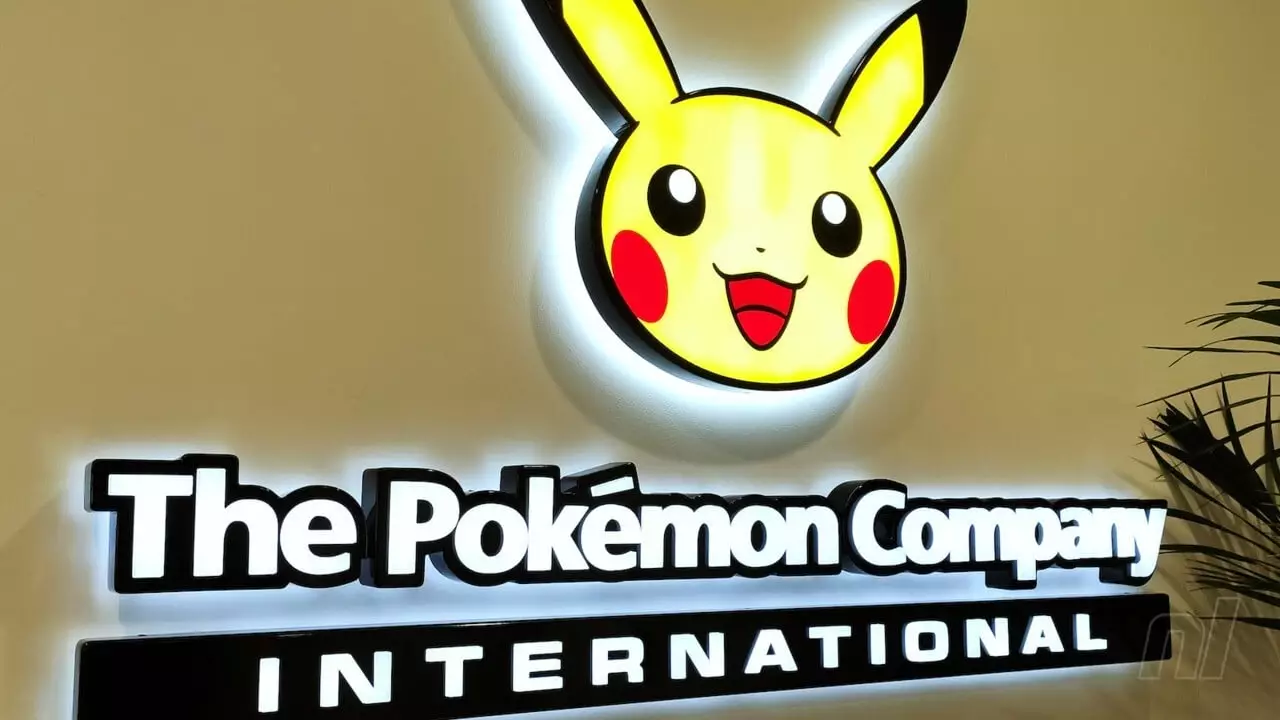The gaming industry has evolved into one of the most lucrative and expansive entertainment sectors, drawing immense attention and revenue worldwide. As gaming franchises amass dedicated fan followings and financial success, the ownership of intellectual property (IP) becomes a contentious battleground. At the forefront of this struggle is The Pokémon Company (TPC), which has established a formidable presence within the gaming realm. Recently, TPC celebrated a significant victory against a Chinese mobile application dubbed ‘Pocket Monster: Remake,’ a case that underscores the ongoing challenges of copyright infringement and unfair competition.
Initiated in 2022, TPC’s lawsuit against ‘Pocket Monster: Remake’ sought damages amounting to £60 million (approximately $70 million). The core of the litigation revolved around the app’s blatant appropriation of assets and gameplay mechanics that are emblematic of the iconic Pokémon franchise. This sort of legal contention marks critical junctures in the gaming industry, highlighting not only the protection of IP rights but also the broader implications of consumer trust in gaming products.
The legal battle extended over a year, culminating in a resolution last September. However, the involved parties—including Guangzhou Maichi Network Technology and Khorgos Fangchi Network Technology—filed an appeal against the initial ruling. The court’s eventual dismissal of the appeal last week brought closure to a case that had polarized opinions about the responsibility of developers and the legal enforcement of IP rights.
Despite the legal resolution, the fallout from this conflict serves as a cautionary tale for developers who might be tempted to leverage the success of established franchises without obtaining the proper permissions. In their formal apology, the companies behind ‘Pocket Monster: Remake’ acknowledged their missteps by stating that their application had “extensively used design elements of the well-known Pokémon Video Game Series.” This admission not only reflects a legal recognition of guilt but also speaks to the ethical dimensions of creativity in the gaming industry.
By depicting TPC’s response as vigorous and necessary, this situation illustrates the critical importance of intellectual property protection within gaming. The economic ramifications for Guangzhou Maichi and Khorgos Fangchi were immense, as they faced not only the penalties associated with their infringement but also severe damage to their reputations, impacting future business endeavors.
As TPC’s legal pursuits continue, particularly with the notable case against Palworld’s developer, Pocketpair, the ramifications will likely reverberate through the industry. The ongoing litigation highlights the need for all developers to remain vigilant regarding intellectual property rights and the potential legal repercussions of their work. The prevalence of platforms that permit unregulated sharing and adaptation of established franchises can create an environment conducive to such infringements.
Moreover, the outcomes of these cases may set precedents for how future legal disputes involving IP are handled in various jurisdictions. Observers note that the focus has largely been within Japanese courts, but with Nintendo’s recent patent approvals in the U.S., the potential for an international legal landscape is burgeoning. This situation underscores the interconnectedness of global markets and the necessity for a standardized approach to safeguarding creative works.
The resolution of the ‘Pocket Monster: Remake’ case brings to the forefront the critical dynamics of intellectual property in gaming. TPC’s success serves as a testament to the importance of protecting creative assets in an industry built on innovation. As developers aspire to create original content, the need for ethical considerations in game design and development will become increasingly vital.
Through robust legal frameworks and staunch enforcement of IP rights, the gaming industry can cultivate an environment that honors creativity and originality while deterring unethical practices that compromise the integrity of established franchises. As players and consumers, recognizing the legal battles being fought by companies like TPC will only deepen our appreciation for the games we cherish and the cultural significance they hold in our lives.


Leave a Reply